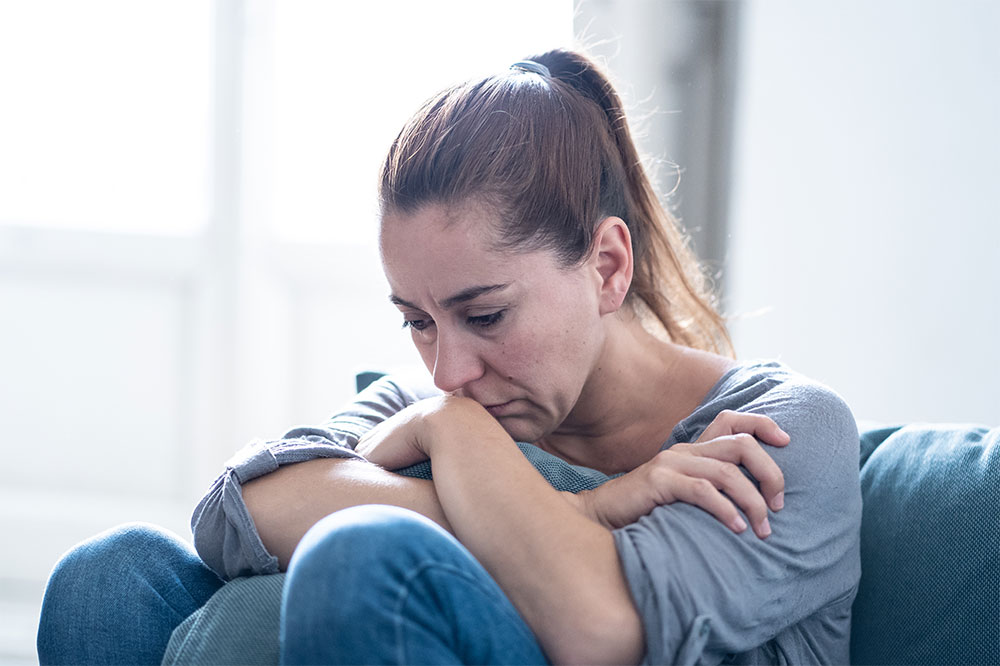
6 Types of Depression and Their Warning Signs
Most people feel sad or low sometimes. However, if this feeling of sadness is permanent and affects a person’s daily routine, they should consult a doctor as it could be a case of depression. Depression is one of the most prevalent health conditions globally. But thankfully, it can be treaded through counseling, therapy, and medication. This article lists some of the most common types of depression that affect people and their symptoms.
1. Major depression
If a person feels low or depressed most of the time on most days, they would be diagnosed with this form of the condition. The symptoms of major depression include:
- Feelings or thoughts of guilt and suicide
- Loss of interest in activities that the person once enjoyed
- Tiredness or lacking energy
- Issues with sleep
2. Seasonal affective disorder
Also known as SAD, this is a form of depression that affects people mainly during winter. The days are shorter during this time, and the lack of sunlight could trigger a gloom over some. Most often, light therapy or sitting in front of a special lightbox for about 15 minutes a day could help. The symptoms are similar to those in major depression.
3. Postpartum depression
Most expecting mothers experience a mild form of depression known as baby blues that lasts only a few days or weeks after delivery. However, if the phase lasts longer and interferes with the mother’s ability to care for her child, she could be going through postpartum depression. The common symptoms include:
- Severe mood swings
- Excessive crying
- Difficulty bonding with the child
- Fears about looking after the child
- Withdrawing from friends and family
- Loss of appetite
It should be noted that postpartum depression also affects about one in ten men, especially new fathers, with symptoms similar to those of new mothers.
4. Premenstrual dysphoric disorder (PMDD)
Also known as PMDD, premenstrual dysphoric disorder usually affects women at the start of their period. The symptoms include:
- Mood swings
- Irritability
- Fatigue and anxiety
- Change in appetite or sleep
5. Bipolar disorder
A person with this condition usually exhibits extreme mood swings ranging from high-energy moods to depressive periods. The symptoms of the depressive phase are the same as those of major depression. Unfortunately, traditional antidepressants used to treat other types of depression are most often not suitable for treating bipolar disorder.
6. Melancholy
If a person wakes up in the morning feeling low and loses interest in activities that once brought pleasure and joy, they could be having melancholic depression. However, things begin to get better as the day progresses. The common symptoms include:
- Loss of appetite
- Disturbed sleep
- Suicidal thoughts
Most forms of depression can be treated with antidepressants. Doctors sometimes also recommend visiting a mental health specialist who can provide the proper treatment for a particular type of depression.


